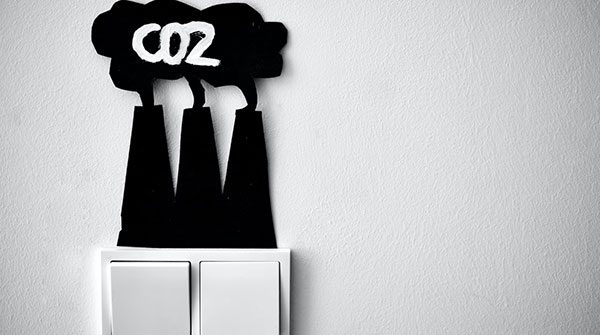Trudeau government’s emissions cap raises alarm bells for Indigenous advocates
 The federal government is proceeding with its plans to cap emissions from the oil and gas industry in a move business leaders say will ultimately hurt Indigenous communities and everyday Canadians.
The federal government is proceeding with its plans to cap emissions from the oil and gas industry in a move business leaders say will ultimately hurt Indigenous communities and everyday Canadians.
The Business Council of Canada called the cap part of a “full-on charge against the oil and gas sector.”
The government announced on December 7 that it will implement measures to cap oil and gas emissions in 2030 at 35 to 38 percent below 2019 levels. A similar cap has not been announced for any other industry.
“It all seems punitive and short-sighted,” wrote Business Council of Canada vice-president Michael Gullo and Theo Argitis, managing director of Compass Rose Group.
They don’t put much stock into the government’s claims that the cap is not intended to limit Canada’s oil and gas production.
“That’s semantics. To work, a cap would ultimately need to be severe enough to curtail production if needed, and that would have significant economic consequences,” Gullo and Argitis said, warning of a “direct and immediate” loss of income for Canada’s economy.
“There would be significant indirect costs as well, incurred by every household and business across the nation because Canada relies on income generated by oil and gas companies – totaling $270 billion in 2022 alone – to support social programs like health care, education, and infrastructure,” they wrote.
On the world’s current trajectory, oil and gas will still account for 46 percent of world energy needs in 2050, down only moderately from 51 percent in 2022, according to the International Energy Agency.
Industry leaders argue that Canada’s oil and gas producers are already on the path to net zero emissions without the need for the cap.
According to Environment and Climate Change Canada’s latest report to the United Nations, emissions from so-called “conventional” (non-oil sands) production declined to 26 megatonnes in 2021 from 34 megatonnes in 2019.
Producers in Alberta have already reduced total methane emissions by 45 percent compared to 2014, hitting the target three years ahead of schedule.
Oil sands emissions did not increase last year despite production growth, and total emissions are expected to start going down before 2025, according to S&P Global.
“Imposing an emissions cap on Canada’s oil and gas producers, who are already achieving significant emissions reductions as shown in the federal government’s own data, is unnecessary and unacceptable,” the Explorers and Producers Association of Canada said in a statement.
The Indigenous Resource Network (IRN) – which advocates for Indigenous participation in resource projects – said the cap would be “devastating” for Indigenous communities.
“A pathway to self-determination is being achieved through the ownership of oil and gas projects and involvement in the sector,” said IRN executive director John Desjarlais. “This would result in a cap on Indigenous opportunity in the oil and gas sector.”
Desjarlais said the IRN is seeking an exemption from the cap for Indigenous communities which are engaged in oil and gas development.
He said the proposed emissions cap directly contradicts the government’s promises on reconciliation and its support for the United Nations Declaration on the Rights of Indigenous People.
The approach of capping emissions runs counter to the incentive-based approach being pursued in the United States, the Canadian Association of Energy Contractors (CAOEC) said in a statement.
“There, the Inflation Reduction Act has attracted capital and accelerated low-carbon technology and innovation in the energy sector at the expense of Canadian businesses and workers,” the CAOEC said.
Ottawa has yet to finalize announced investment tax credits to support clean technologies like hydrogen production and carbon capture, utilization and storage (CCUS), the Business Council of Canada noted.
“We have engaged the federal government in good faith over the past two years and have asked them to partner with us to accelerate the deployment of carbon abatement technology. As of today, we have received no support from this government,” said CAOEC president Mark Scholz.
“Stop working against us and start working with us.”
Final regulations on the proposed emissions cap are expected in 2025.
Deborah Jaremko is director of content for the Canadian Energy Centre, a Troy Media Editorial Content Provider Partner.
For interview requests, click here.
The opinions expressed by our columnists and contributors are theirs alone and do not inherently or expressly reflect the views of our publication.
© Troy Media
Troy Media is an editorial content provider to media outlets and its own hosted community news outlets across Canada.


